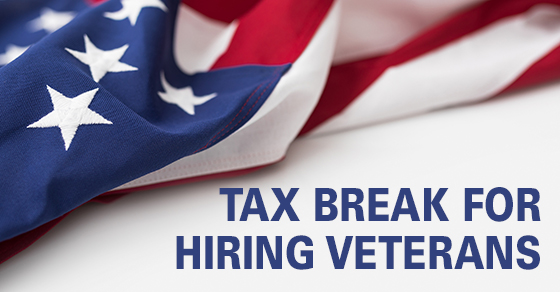The IRS has issued guidance clarifying that certain deductions aren’t allowed if a business has received a Paycheck Protection Program (PPP) loan. Specifically, an expense isn’t deductible if both:
- The payment of the expense results in forgiveness of a loan made under the PPP, and
- The income associated with the forgiveness is excluded from gross income under the Coronavirus Aid, Relief, and Economic Security (CARES) Act.
PPP basics
The CARES Act allows a recipient of a PPP loan to use the proceeds to pay payroll costs, certain employee healthcare benefits, mortgage interest, rent, utilities and interest on other existing debt obligations.
A recipient of a covered loan can receive forgiveness of the loan in an amount equal to the sum of payments made for the following expenses during the eight-week “covered period” beginning on the loan’s origination date: 1) payroll costs, 2) interest on any covered mortgage obligation, 3) payment on any covered rent, and 4) covered utility payments.
The law provides that any forgiven loan amount “shall be excluded from gross income.”
Deductible expenses
So the question arises: If you pay for the above expenses with PPP funds, can you then deduct the expenses on your tax return?
The tax code generally provides for a deduction for all ordinary and necessary expenses paid or incurred during the taxable year in carrying on a trade or business. Covered rent obligations, covered utility payments, and payroll costs consisting of wages and benefits paid to employees comprise typical trade or business expenses for which a deduction generally is appropriate. The tax code also provides a deduction for certain interest paid or accrued during the taxable year on indebtedness, including interest paid or incurred on a mortgage obligation of a trade or business.
No double tax benefit
In IRS Notice 2020-32, the IRS clarifies that no deduction is allowed for an expense that is otherwise deductible if payment of the expense results in forgiveness of a covered loan pursuant to the CARES Act and the income associated with the forgiveness is excluded from gross income under the law. The Notice states that “this treatment prevents a double tax benefit.”
More possibly to come
Two members of Congress say they’re opposed to the IRS stand on this issue. Senate Finance Committee Chair Chuck Grassley (R-IA) and his counterpart in the House, Ways and Means Committee Chair Richard E. Neal (D-MA), oppose the tax treatment. Neal said it doesn’t follow congressional intent and that he’ll seek legislation to make certain expenses deductible. Stay tuned.
Contact us with any questions.




